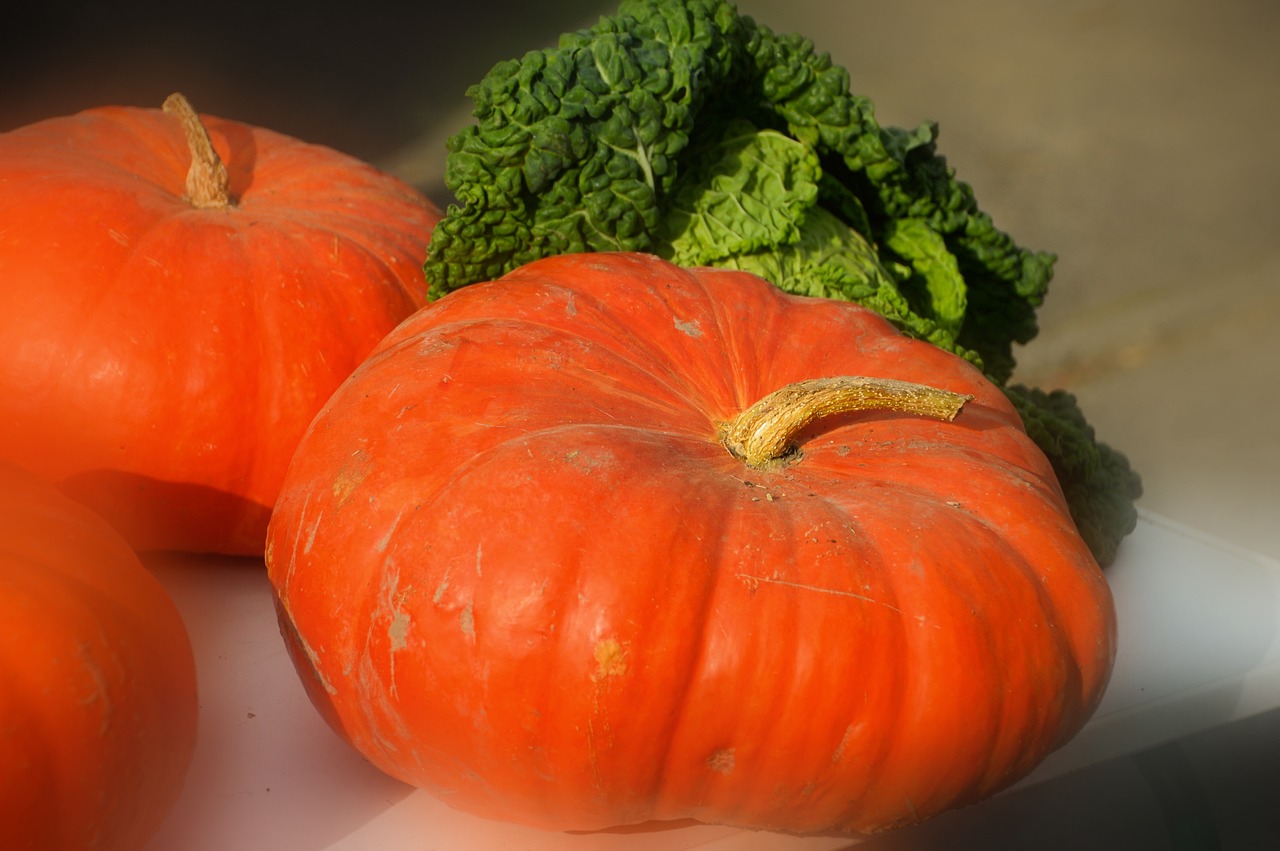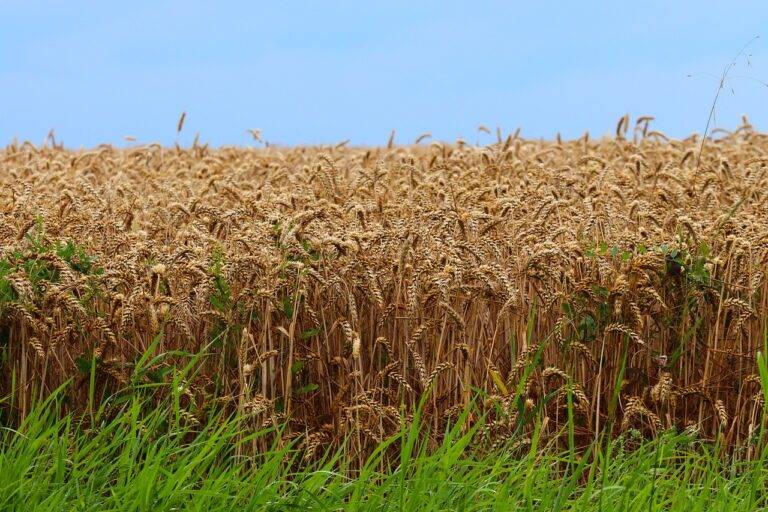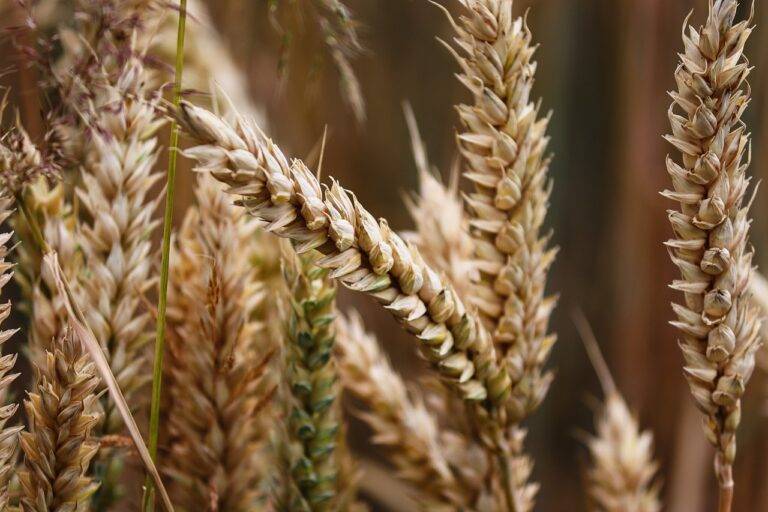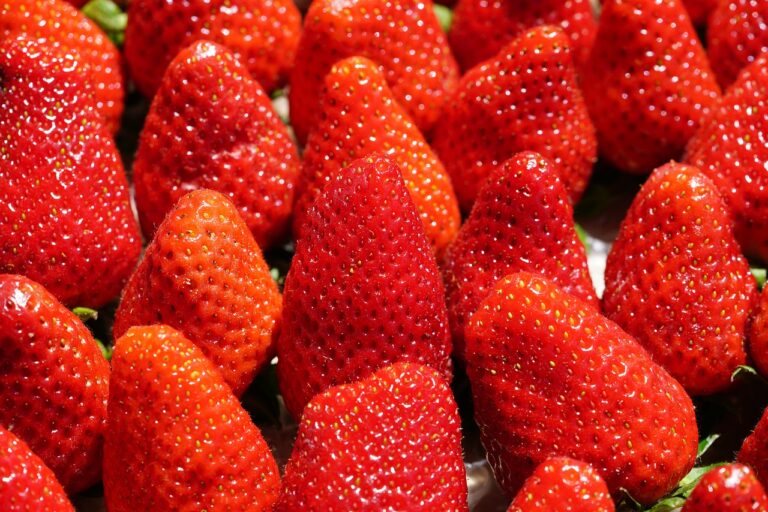The Impact of Pesticide Regulations on Beekeeping: 11xplay reddy login registration, Laser book 247, Skylive casino
11xplay reddy login registration, laser book 247, skylive casino: The Impact of Pesticide Regulations on Beekeeping
Bees play a crucial role in our ecosystem as pollinators, contributing to the growth of various plants and crops. However, bee populations around the world have been declining in recent years, and one of the contributing factors to this decline is the use of pesticides. Pesticides are chemicals used to kill or control pests, such as insects, weeds, and fungi. While these chemicals can be effective in protecting crops, they can also harm beneficial organisms like bees.
Pesticide regulations are put in place to ensure that the use of these chemicals is safe for both the environment and human health. These regulations include restrictions on the types of pesticides that can be used, how they are applied, and the precautions that must be taken to minimize their impact on non-target organisms like bees. However, the effectiveness of these regulations in protecting bees and other pollinators is a topic of debate among beekeepers and environmentalists.
The use of neonicotinoid pesticides, in particular, has been a point of contention in the beekeeping community. Neonicotinoids are a class of systemic insecticides that are applied to seeds, soil, or foliage and are taken up by the plant’s vascular system, making the entire plant toxic to insects. In recent years, several studies have linked the use of neonicotinoids to bee declines, citing their negative effects on bee behavior, reproduction, and overall health.
As a result, many countries have implemented restrictions on the use of neonicotinoids and other harmful pesticides. In the European Union, for example, a ban on the outdoor use of three neonicotinoids was put into effect in 2018. This ban was based on the precautionary principle, which states that measures should be taken to prevent harm, even in the absence of scientific certainty.
However, critics of pesticide regulations argue that these restrictions can have unintended consequences on agriculture and food production. Pesticides play a vital role in protecting crops from pests and diseases, and without them, farmers may struggle to produce enough food to meet the demands of a growing population. In addition, some argue that there is not enough scientific evidence to conclusively link pesticide use to bee declines, and that other factors such as habitat loss and climate change may be more significant contributors to bee population declines.
Ultimately, finding a balance between protecting bees and ensuring food security is a complex challenge that requires collaboration between beekeepers, farmers, policymakers, and scientists. By implementing integrated pest management practices, which combine the use of pesticides with other environmentally friendly pest control methods, it is possible to protect crops while minimizing harm to bees and other pollinators.
Heading 1: The importance of bees in our ecosystem
Bees are essential pollinators that play a vital role in the reproduction of many plant species. Without bees, plants would not be able to produce fruits and seeds, leading to a decline in biodiversity and ecosystem health. In addition to their role in pollination, bees also produce honey and beeswax, which have been used by humans for thousands of years for food, medicine, and various other purposes.
Heading 2: The impact of pesticides on bees
Pesticides are chemicals designed to kill or control pests, but they can also harm beneficial organisms like bees. When bees come into contact with pesticides, either through direct contact with treated plants or by ingesting contaminated pollen and nectar, they can experience a range of negative effects on their health and behavior. These effects can include impaired foraging abilities, reduced colony growth and reproduction, and increased susceptibility to diseases and parasites.
Heading 3: The debate over pesticide regulations
The use of pesticides in agriculture is a contentious issue, with beekeepers, farmers, environmentalists, and policymakers all having different perspectives on the issue. While some argue that pesticides are necessary to protect crops and ensure food security, others believe that the potential harm to bees and other pollinators outweighs the benefits of pesticide use. This debate has led to the implementation of various pesticide regulations aimed at protecting bees and the environment.
Heading 4: The impact of neonicotinoids on bees
Neonicotinoids are a class of systemic insecticides that have been linked to bee declines in recent years. These chemicals are highly toxic to bees and other pollinators, and even low levels of exposure can have harmful effects on bee health and behavior. Studies have shown that neonicotinoids can affect bee navigation, foraging behavior, and reproductive success, leading to declines in bee populations around the world.
Heading 5: Pesticide regulations around the world
In response to the growing concerns over bee declines, many countries have implemented restrictions on the use of neonicotinoids and other harmful pesticides. In the European Union, a ban on the outdoor use of three neonicotinoids was put into effect in 2018, following a similar ban on the use of these chemicals for flowering crops in 2013. Other countries, such as Canada and the United States, have also taken steps to restrict the use of neonicotinoids and other harmful pesticides to protect bees and other pollinators.
Heading 6: Finding a balance
Finding a balance between protecting bees and ensuring food security is a complex challenge that requires collaboration between beekeepers, farmers, policymakers, and scientists. By implementing integrated pest management practices, which combine the use of pesticides with other environmentally friendly pest control methods, it is possible to protect crops while minimizing harm to bees and other pollinators. Additionally, promoting habitat restoration, planting bee-friendly crops, and supporting beekeeping practices can help support bee populations and promote biodiversity in agricultural landscapes.
FAQs
Q: Are pesticides the main cause of bee declines?
A: While pesticides can harm bees and other pollinators, they are not the sole cause of bee declines. Other factors, such as habitat loss, climate change, diseases, and parasites, also play a significant role in bee population declines.
Q: How can beekeepers protect their hives from pesticide exposure?
A: Beekeepers can take several steps to protect their hives from pesticide exposure, including placing hives in areas away from agricultural fields, using screen covers on hives, and monitoring pesticide use in their vicinity.
Q: What can individuals do to help bees and other pollinators?
A: Individuals can help bees and other pollinators by planting bee-friendly flowers and plants, avoiding the use of pesticides in their gardens, supporting local beekeepers, and advocating for policies that protect bee habitats and promote biodiversity.
Q: Do organic farming practices help protect bees?
A: Organic farming practices, which avoid the use of synthetic pesticides and fertilizers, can help protect bees and other pollinators by providing a more natural and diverse habitat for them to thrive. Organic farms also tend to have higher levels of biodiversity, which can support pollinator populations.
In conclusion, pesticide regulations play a crucial role in protecting bees and other pollinators from harmful chemicals. By implementing integrated pest management practices, promoting habitat restoration, and supporting beekeeping practices, we can work together to ensure a healthy and vibrant ecosystem for bees to thrive. Protecting bees is not only essential for our food security but also for the health and balance of our environment as a whole.







